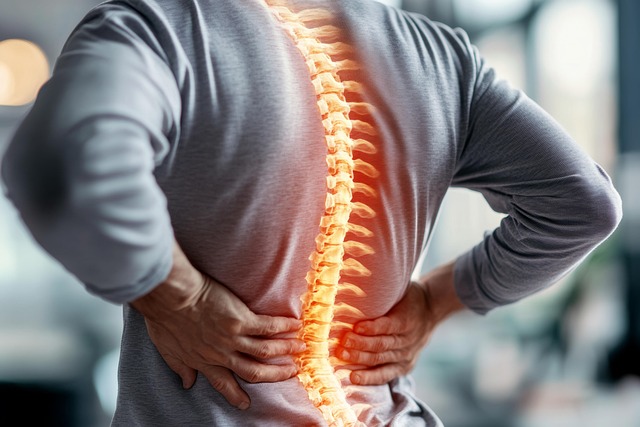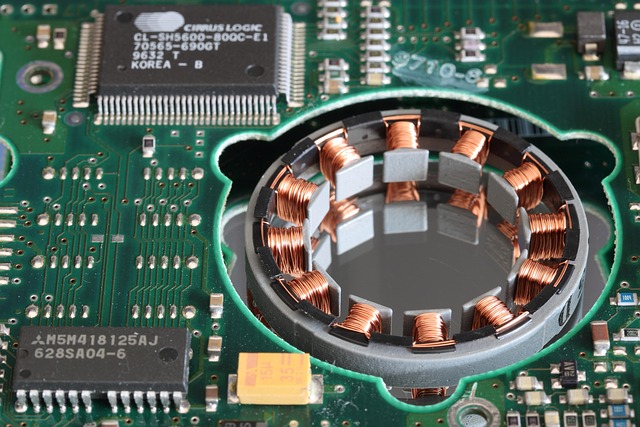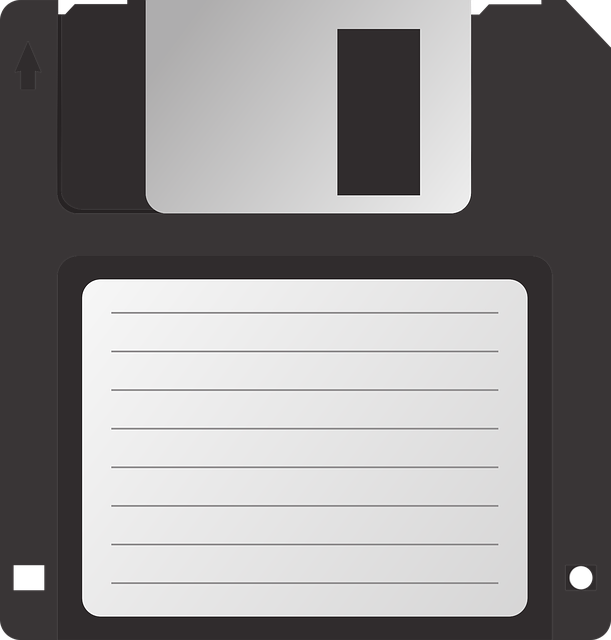Chiropractic management, particularly spinal decompression therapy, offers a non-surgical, natural solution for herniated discs resulting from post-car crash injuries. By decompressing the spine and reducing nerve pressure, this method effectively alleviates pain and promotes healing, providing an excellent alternative to invasive surgeries for chronic pain victims.
Experiencing persistent pain due to a herniated disc after a post-car crash? Spinal decompression therapy offers a non-surgical, safe, and effective solution. This article delves into the world of chiropractic management for herniated discs, exploring how spinal decompression provides long-term pain relief. We break down the benefits, understand the process, and discuss why it’s a preferred treatment option for those seeking recovery from post-car crash injuries.
- Understanding Spinal Decompression for Herniated Discs
- Chiropractic Management: Non-Surgical Relief After Post-Car Crash Injuries
- Effective Treatment Options for Long-Term Pain Relief
Understanding Spinal Decompression for Herniated Discs

Spinal decompression is a non-surgical treatment option gaining traction in the chiropractic management of herniated discs, especially after post-car crash injuries. This technique aims to reduce pressure on the affected area by gently stretching and repositioning the spine. By creating negative pressure, it encourages the herniated disc to retract back into place, alleviating pain and potential nerve compression.
Chiropractors use specialized tables or manual adjustments to achieve this decompression, targeting specific spinal segments. This method is particularly beneficial for individuals experiencing radicular pain, where irritation of a spinal nerve root causes pain that radiates to other parts of the body. Often, it’s recommended as an alternative solution for those who haven’t found relief from conservative treatments after a post-car crash injury.
Chiropractic Management: Non-Surgical Relief After Post-Car Crash Injuries

After a post-car crash, individuals often suffer from painful herniated discs, making daily activities challenging. Chiropractic management offers a non-surgical approach to relief and recovery. Chiropractors are experts in diagnosing and treating musculoskeletal disorders, including those related to car accidents. They employ various techniques, such as spinal manipulation and adjustment, to decompress the spine and reduce pressure on affected nerves.
This natural method of care aims to restore mobility, alleviate pain, and promote the body’s inherent healing ability. Chiropractic management is a safe and effective solution for many individuals seeking relief from herniated disc pain without resorting to invasive surgeries. It provides an excellent alternative treatment option for post-car crash injuries, helping patients regain their quality of life.
Effective Treatment Options for Long-Term Pain Relief

Many individuals who suffer from chronic pain due to herniated discs after a post-car crash find lasting relief through effective treatment options, especially with chiropractic management. This non-invasive approach has proven successful in managing and reducing symptoms associated with herniated discs. Chiropractors utilize various techniques, including spinal decompression, to create space between compressed vertebrae, alleviating pressure on surrounding nerves and reducing pain.
Spinal decompression therapy offers a gentle yet powerful way to address the root cause of herniated disc pain. By carefully manipulating the spine, chiropractors can improve disc height and promote the natural healing process. This treatment option is particularly beneficial for those seeking long-term pain management without surgery, making it an ideal solution post-car crashes where herniated discs are a common occurrence.
Spinal decompression therapy, especially through chiropractic management, offers a non-surgical solution for those suffering from herniated disc pain, particularly after post-car crash injuries. By combining specialized adjustments and targeted treatment options, this approach provides long-term pain relief, enhancing the quality of life for individuals navigating chronic conditions. Chiropractic care thus emerges as an effective, conservative option for managing herniated discs, delivering tangible benefits in a safe, non-invasive manner.














